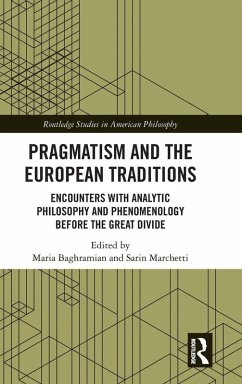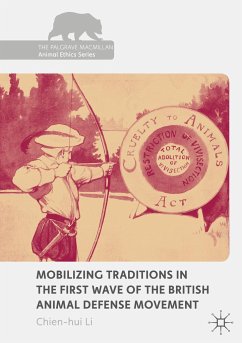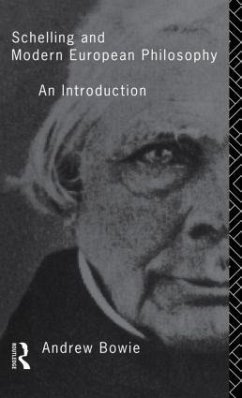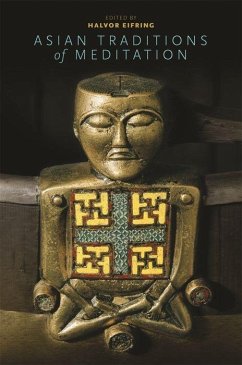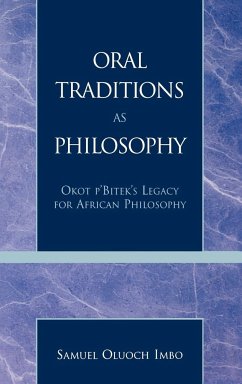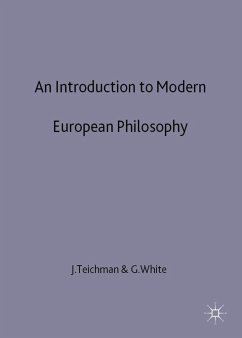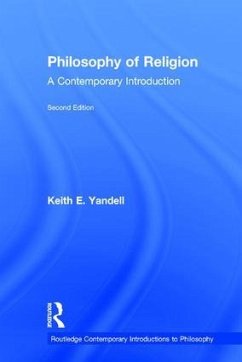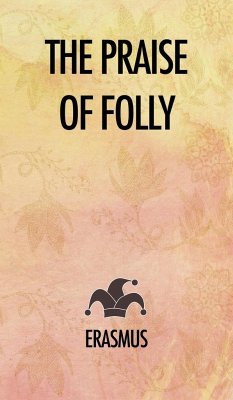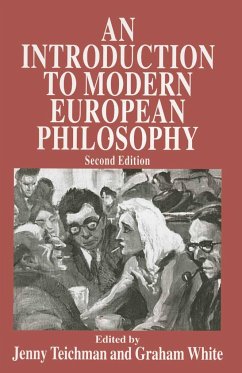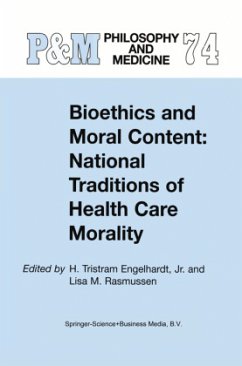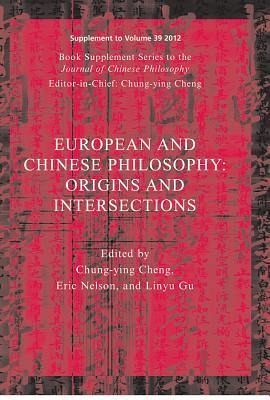
European and Chinese Traditions of Philosophy
Versandkostenfrei!
Versandfertig in über 4 Wochen
33,99 €
inkl. MwSt.

PAYBACK Punkte
17 °P sammeln!
The Journal of Chinese Philosophy initiates this volume on the origins of philosophy and their relations in philosophical languages, be it Chinese or Greek or European as not merely derived from the Greek. Given this understanding we see how a philosophical issue could be discussed significantly from both the European-Western position and the Chinese perspective. Each position and perspective embodies a different historicity and viewpoint as experienced in the vision and pursuit of reality and humanity. The contrast between the European and Chinese traditions of philosophy is impressive and ye...
The Journal of Chinese Philosophy initiates this volume on the origins of philosophy and their relations in philosophical languages, be it Chinese or Greek or European as not merely derived from the Greek. Given this understanding we see how a philosophical issue could be discussed significantly from both the European-Western position and the Chinese perspective. Each position and perspective embodies a different historicity and viewpoint as experienced in the vision and pursuit of reality and humanity. The contrast between the European and Chinese traditions of philosophy is impressive and yet mutually stimulating as shown in the works of Heidegger and post-Heideggerian authors. The authors of this book illustrate how the European-Western and Chinese approaches could be complementary and yet together could be philosophically insight-productive.



